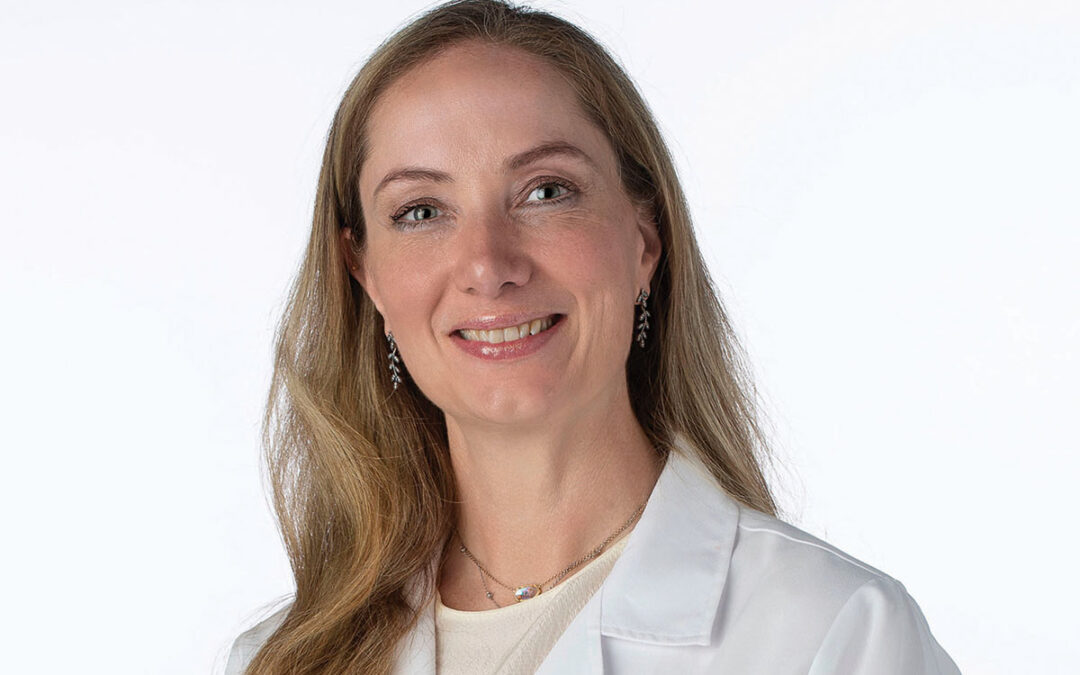1 Trimester
During the first trimester, weeks 1-12, many changes occur in your body that may necessitate changing your daily routine – eating earlier or eating smaller meals more frequently. Symptoms of pregnancy experienced in the first few weeks, mostly due to hormonal changes, include:
Nausea and/or vomiting Frequent urination Fatigue or headaches Food cravings or aversions and heartburn Mood swings Dizziness or lightheadedness Weight gain or loss 2 Trimester
Weeks 13-28 will usually be easier than the first. Your abdomen will expand as the baby grows. Nausea and fatigue may be replaced by some of the following:
Body aches in your back, abdomen, groin or thigh areas Stretch marks could appear on your abdomen, breasts, thighs or buttocks Appearance of a line on the skin running from your belly button to your pubic hairline Formation of dark patches of skin, equally distributed over the cheeks, forehead, nose or upper lip, known as the “mask of pregnancy” Numbness or tingling of hands Itching on the abdomen, palmsof your hands and soles of your feet Swelling of your ankles, fingers and face 3 Trimester
During weeks 29-40, some of the discomforts you experienced in the second trimester will continue. You may begin to find breathing difficult and may urinate more frequently because the baby is getting bigger, may have trouble sleeping and develop hemorrhoids. The baby may move lower in your abdomen.
Symptoms that should be checked out quickly by your doctor:
Heavy bleeding with cramping, abdominal pain Feeling faint Severe nausea Less energetic baby movement Contractions. Unpredictable, nonrhythmic contractions that do not increase in intensity are called Braxton- Hicks contractions and will probably subside soon. Labor contractions will be at regular intervals and will increase in intensity. Obesity. weight gain and other health problems
Recent studies show that the heavier a woman is before she becomes pregnant, the greater her risk of pregnancy complications, resulting in increased use of health care and physician services and longer hospital stays at delivery.
Health problems occurring during pregnancy can involve the health of the mother, the baby or both. These must be addressed to decrease the risks. Some more common problems follow:
Anemia means having lower than the normal number of healthy red blood cells, causing you to feel tired and weak
Urinary Tract Infection (UTI) is a bacterial infection in the urinary tract. Symptoms include:
More frequent, painful or burning urination that can put pressure in your lower belly Fever, fatigue or shakiness Pressure in your lower belly Urine that is cloudy, reddish or smells bad Nausea or back pain These symptoms and signs of pregnancy complications require immediate attention:
Ectopic pregnancy occurs if the egg attaches in a location other than the uterus, frequently the fallopian tube. Symptoms include sharp pain in the abdomen or pelvis, vaginal bleeding and/or weakness or fainting.
Gestational diabetes mellitus occurs when the body cannot effectively process sugars and starches, leading to high blood sugar. Unusual thirst and increased trips to the bathroom, fatigue, nausea and blurred vision are symptoms. If not controlled, GDM can cause an early delivery, caesarean birth, a big baby or a baby born with low blood sugar, breathing problems or jaundice.
Preeclampsia is also known as toxemia or pregnancy-induced hypertension. High blood pressure can result in low birth weight in babies. Severe preeclampsia can result in life-threatening problems.
Hyperemesis gravidarum is a more severe form of nausea. It can cause dehydration and weight loss. Symptoms include constant nausea and severe vomiting.
Depression or other mental health conditions during pregnancy can make it hard for a woman to care for herself and her unborn baby. If you’re depressed before pregnancy, you’re at higher risk to suffer postpartum depression.
Symptoms of depression are:
Low or sad mood Loss of interest in fun activities Changes in appetite, sleep, energy Problems thinking, concentrating, making decisions Feelings of worthlessness, shame or guilt Thoughts that life is not worth living If you experience any of these problems, be sure to talk to your physician about medicines you are taking or any health problems you experienced in a former pregnancy
Additional pregnancy complications requiring urgent attention:
Miscarriage is the name given to the loss of a pregnancy in the first 20 weeks caused by chromosomal abnormalities in the fertilized egg that keep the embryo from developing. Vaginal spotting or bleeding is the first sign.
Premature labor and birth. Regular contractions before 37 weeks indicate you’re having premature labor. Babies can have serious health problems if they are born too early. The more mature a baby is at birth, the more likely he or she will be healthy.
Twins and other multiple births. Over the last two decades, the number of twin births has increased by 70 percent and the number of three or more births has quadrupled. Factors contributing to a multiple pregnancy:
Heredity, usually from the woman’s side of the family Race, particularly women of African descent Number of prior pregnancies, especially multiple pregnancies
Age-related hormonal changes that affect older women, making them more likely to have multiple pregnancies Infertility treatments, including fertility drugs or in vitro fertilization. You may be expecting a multiple birth if you experience:
rapid weight gain in the first trimester severe morning sickness more than one heartbeat active fetal movement abnormal results on tests/screenings
Medical, logistical, financial and emotional challenges are present with multiple births. Multiple pregnancies are always considered high risk, since multiple babies are generally underweight because of their early arrival. Preemies are associated with long-term health problems, developmental delays and other disabilities and usually require a C-section procedure for a faster, healthier delivery. More of everything will be required … more visits to your doctor, more tests and monitoring, more rest, more concern for diet and weight gain of mothers and babies.
Play it safe. When you or a loved one becomes pregnant, see your doctor, follow his or her advice, read publications and search online resources for additional information. Take your vitamins, rest and line up some help. Really. Enjoy your little bundle, or bundles, of joy.









0 Comments